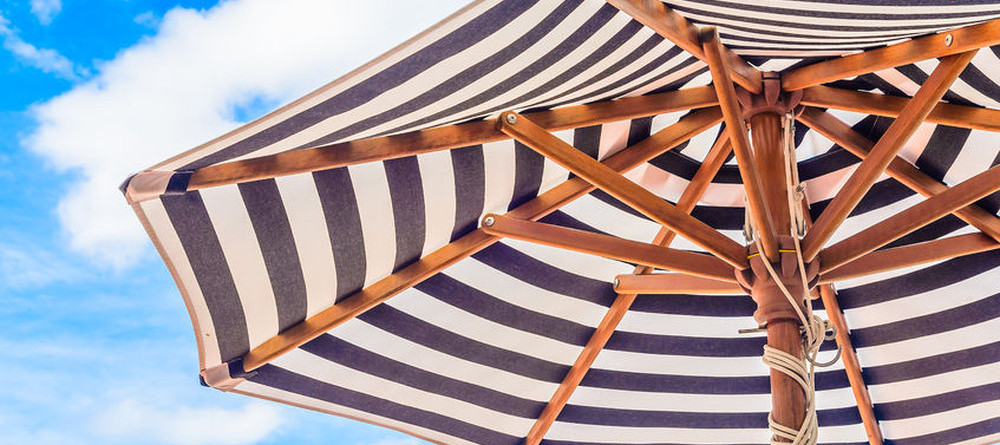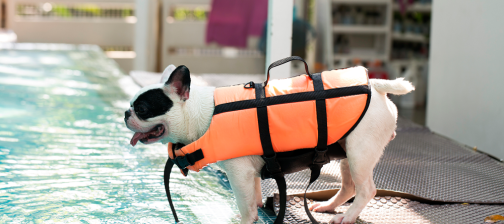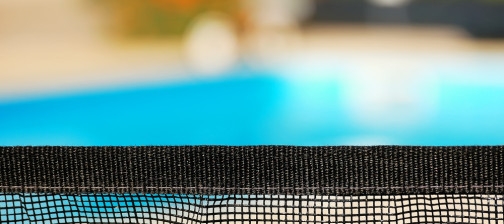Skin cancer is the most common of all cancers. About 3.5 million cases of basal and squamous cell skin cancer are diagnosed in the U.S. each year. Melanoma, a dangerous type of skin cancer, will account for more than 73,000 cases of skin cancer in 2015.
While very treatable if found early, skin cancer gone undetected can be deadly. This is why skin protection in the sun is so important.
Risk factors for skin cancer include:
- Exposure to ultraviolet (UV) radiation (from sunlight or tanning beds and lamps)
- Light skin (easily sunburned, doesn’t tan much or at all, natural red or blond hair)
- Exposure to large amounts of coal tar, paraffin, arsenic compounds, or certain types of oil
- You or family relatives have had skin cancers
- Numerous or unusual moles
- History of severe sunburns
- Compromised immune system
To keep yourself safe in the sun, follow the tips below:
- Seek shade, particularly mid-day (between 10 am and 4 pm) when the sun’s rays are strongest. Teach children about the shadow rule: if your shadow is shorter than you, the sun’s rays are at their strongest.
- Follow the Slip! Slop! Slap!® and Wrap! rules:
- Slip on a shirt: Cover up with protective clothing to guard skin when you’re in the sun. Choose comfortable clothes made of tightly woven fabrics that you can’t see through when held up to a light.
- Slop on sunscreen: Apply sunscreen and lip balm with broad spectrum protection and a sun protection factor (SPF) of 30 or higher. Use a good amount of sunscreen (about a palmful) to all areas of unprotected skin. Reapply every 2 hours and after swimming, toweling off, or sweating.
- Slap on a hat: Cover your head with a wide-brimmed hat, to protect your face, ears, and neck. If you use a baseball cap, remember to put sunscreen on your neck and ears.
- Wrap on sunglasses: Wear sunglasses with 100% UVA and UVB absorption to protect your eyes and the surrounding skin.
- Sunscreen doesn’t protect from all UV rays, so don’t rely on sunscreen as a way to stay out in the sun longer.
- Use protection even on cloudy or overcast days as UV rays can travel through clouds.
- Avoid alternate sources of UV light. Tanning beds and sun lamps can damage your skin and can cause cancer.
Remember to be sun smart while enjoying your time in the sun and teach kids about sun safety so it becomes a habit for them.
From www.cancer.org.




